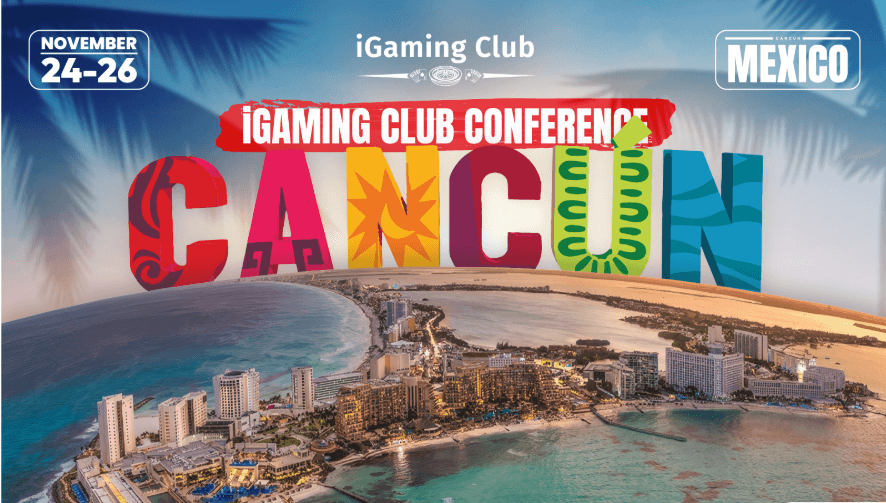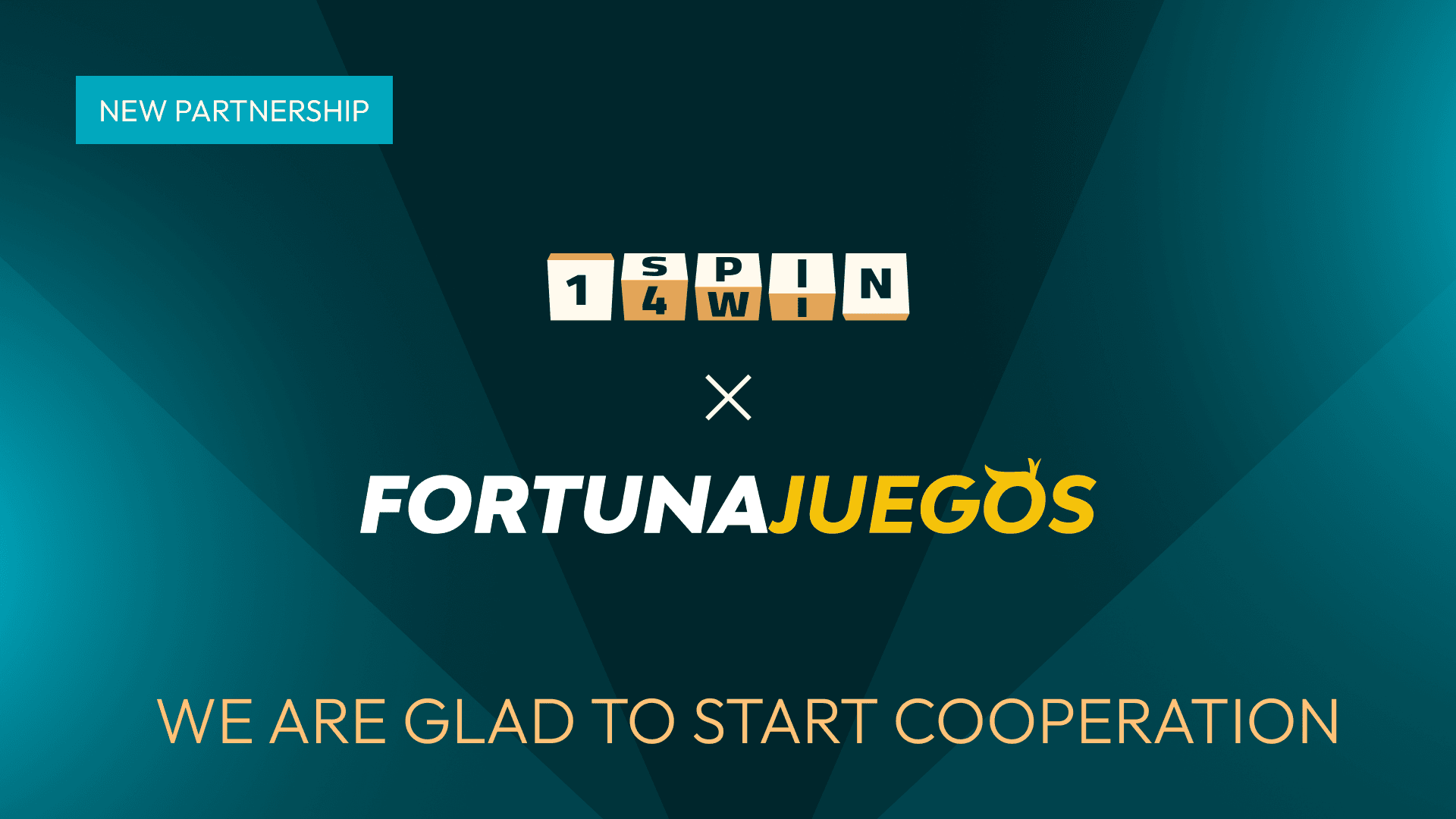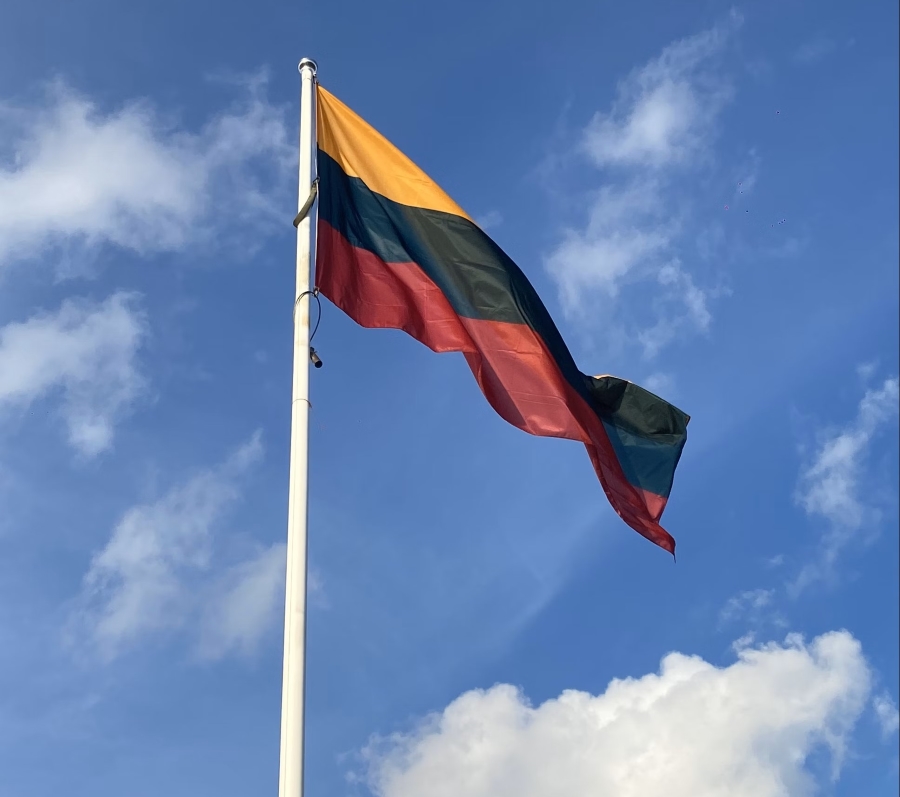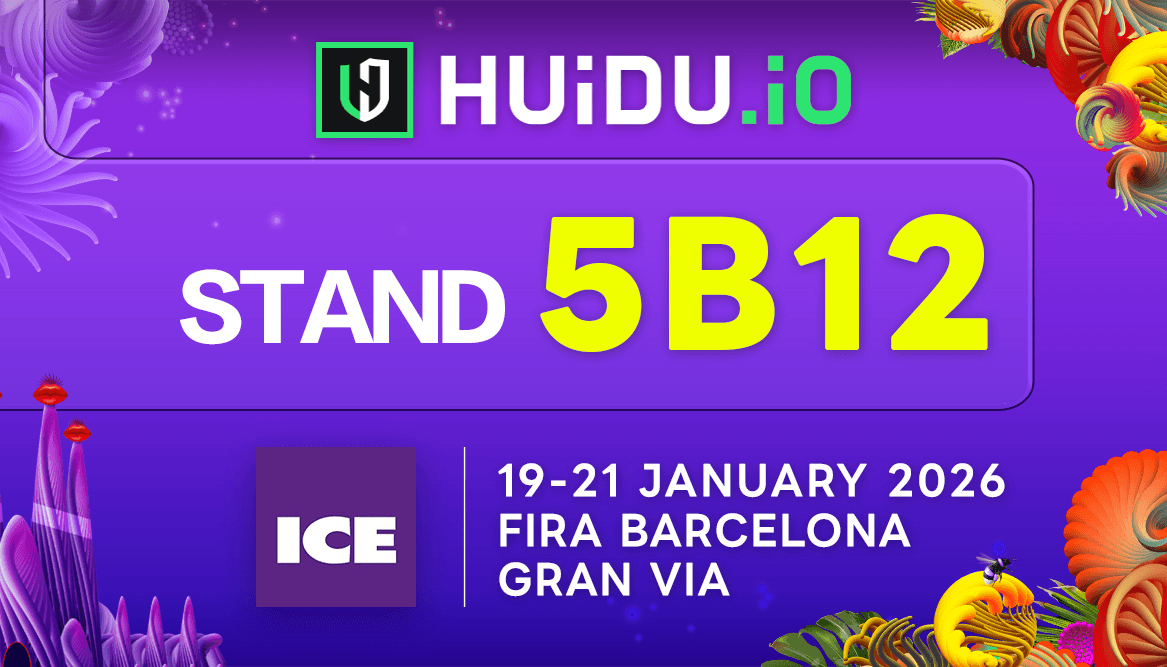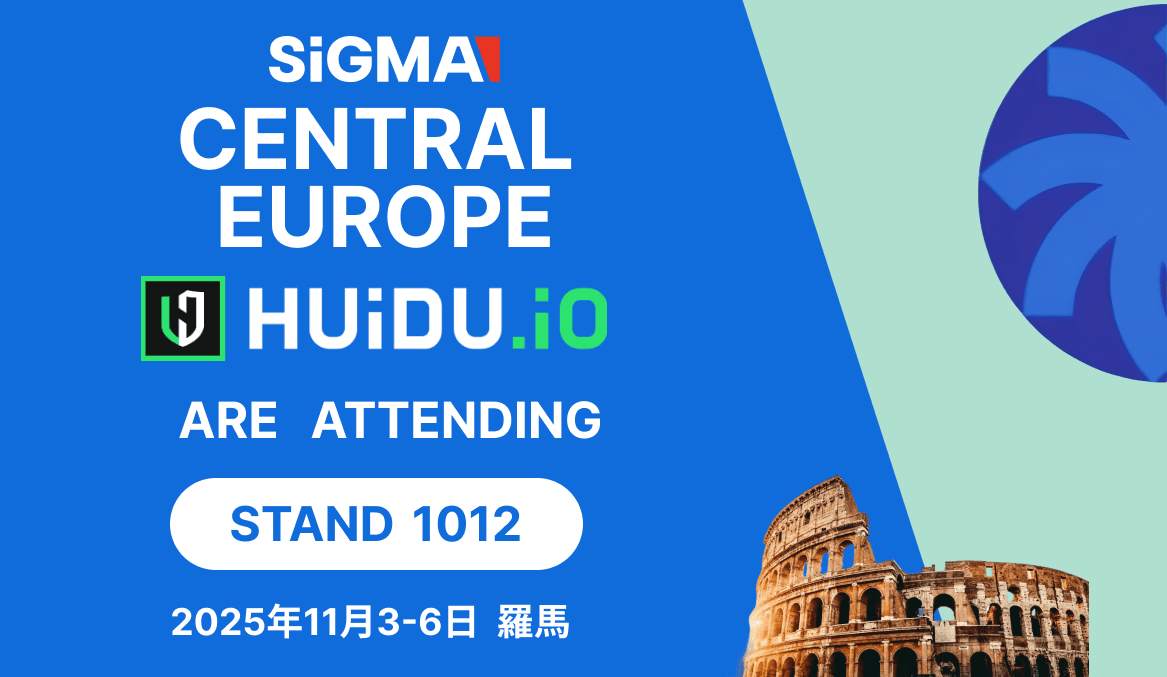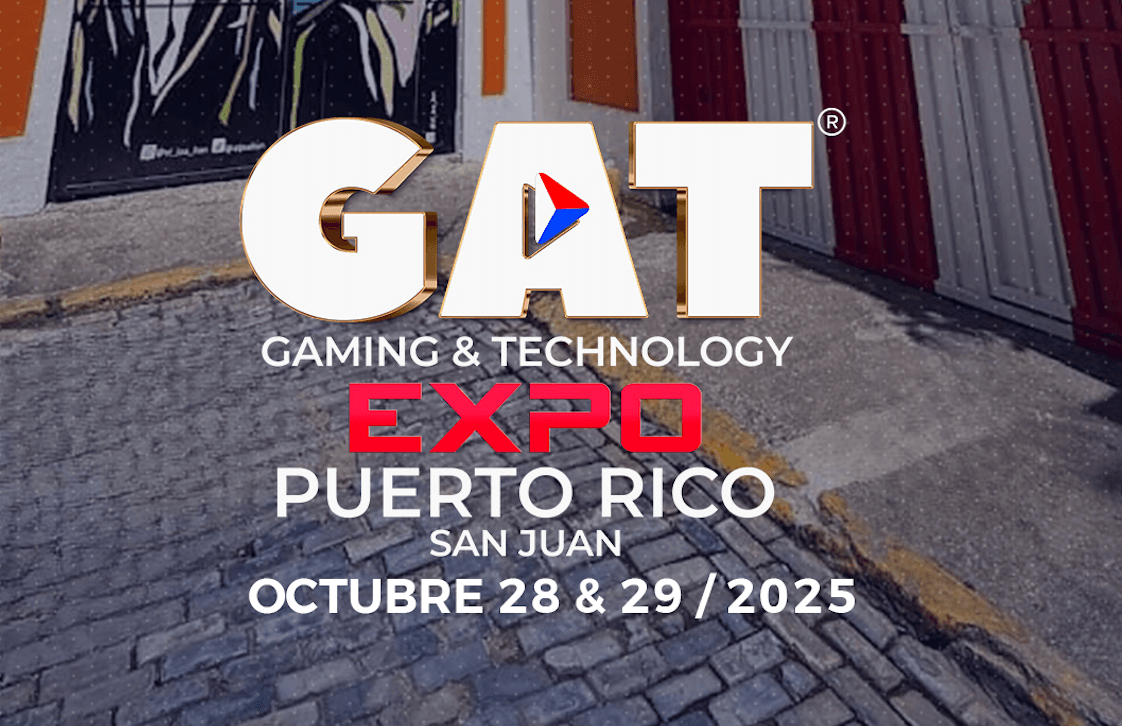For the first time, the new regulation brings game developers, aggregators, data stream providers, as well as technical support companies in payment, customer service, and marketing under direct supervision. Certification is divided into three categories: platform aggregators, content developers, and support service providers. Companies are required to post a PHP 1 million security bond and establish a registered entity in the Philippines. Certification is valid for two years. PAGCOR has set a transition period until December 31, 2025, with foreign companies required to complete certification by the end of March 2026, or be listed as unauthorized and barred from integration. The measure aims to enhance industry transparency and strengthen anti-money laundering and compliance mechanisms.
Overview and Implementation Timeline
PAGCOR officially released the new certification framework for B2B online gaming service providers, which will take effect on October 2, 2025. The regulation mandates that all third-party companies offering products or services to PAGCOR-licensed operators must be officially certified, marking a new phase in the country’s gaming regulatory regime.
This policy is viewed as a significant upgrade in the regulation of the Philippine gaming sector, aiming to establish a more transparent and standardized market environment.
Regulatory Scope and Enterprise Coverage
The new certification system brings game developers, aggregators, data stream providers, and a wide range of technical service providers under direct regulatory oversight for the first time. Certification is categorized into three types: platform aggregators, game content developers, and support service providers. Support service providers include payment gateways, customer service, marketing and promotion, KYC verification systems, and independent testing laboratories — effectively covering nearly every segment of the gaming supply chain.
Certification Requirements and Compliance Conditions
To apply for certification, companies must meet several criteria, including establishing a registered business entity in the Philippines, passing anti-money laundering (AML) background and integrity checks, and demonstrating sound reputation and financial stability. Each certified company must deposit a PHP 1 million security bond to cover compliance and operational risks. Unlike the previous annual renewal system, the new certification is valid for two years, reducing audit frequency but raising entry standards.
Transition Period and Application Incentives
To ensure a smooth transition, PAGCOR has set a grace period. Companies submitting certification applications before December 31, 2025, will receive an extended three-year certification validity — one year longer than the standard two-year term. Foreign game content and data stream providers must complete certification by March 31, 2026. Those failing to comply will be listed as “unauthorized,” have their content removed, and be banned from integration into the Philippine market.
Compliance Pathways and Agency Options
Foreign companies have two primary options for meeting compliance requirements: they can either register a local entity in the Philippines to apply directly for certification, or operate through a PAGCOR-accredited Gaming System Administrator (GSA) acting as an exclusive compliance agent. The agency route is particularly suited for international firms unwilling to establish a local entity, lowering both entry barriers and operational complexity.
Regulatory Objectives and Policy Background
PAGCOR emphasized that the new regulation aims to enhance transparency, prevent unqualified entities from entering the market, and strengthen anti-money laundering and technical compliance mechanisms. The move responds to longstanding scrutiny over the adequacy of regulatory standards in the Philippine gaming industry. By introducing stricter entry and oversight requirements, PAGCOR seeks to elevate the sector’s overall integrity and international reputation.
Industry Impact and Market Response
Industry experts believe the new system will align the Philippines’ gaming regulatory framework with mature markets such as the UK, Malta, Germany, and Ontario, creating both a “market reshuffle” and a “credibility upgrade.” It is expected to drive market consolidation and phase out non-compliant operators. After implementation, licensed casinos, e-gaming operators, and system administrators will be permitted to work only with certified B2B providers, or risk penalties — a change that will reshape the existing supply chain ecosystem.
Compliance Costs and Business Strategy
The PHP 1 million bond requirement and local entity registration rule will increase compliance costs, particularly for small and foreign suppliers. Companies must carefully balance market opportunities against these costs and adjust their strategies accordingly. A number of providers may exit the market due to inability to meet new standards, while those with strong compliance capabilities are expected to gain larger market share.
Enforcement Measures and Penalty Mechanisms
PAGCOR will establish an “unauthorized providers list” to enforce the new regulation. Companies without certification will have their content removed and be barred from system access. Licensed operators that cooperate with uncertified providers will face penalties, including fines and potential suspension of licenses. These enforcement measures aim to ensure effective implementation and uphold regulatory authority.
Long-Term Development and Industry Outlook
The certification system marks an important step toward sustainable development in the Philippine gaming sector. By raising regulatory standards and improving the compliance framework, the country aims to strengthen its gaming industry’s competitiveness and international appeal. In the long term, PAGCOR is expected to further refine its regulatory structure, steering the Philippine gaming industry toward greater professionalism and legitimacy.



 2025-10-14
2025-10-14

